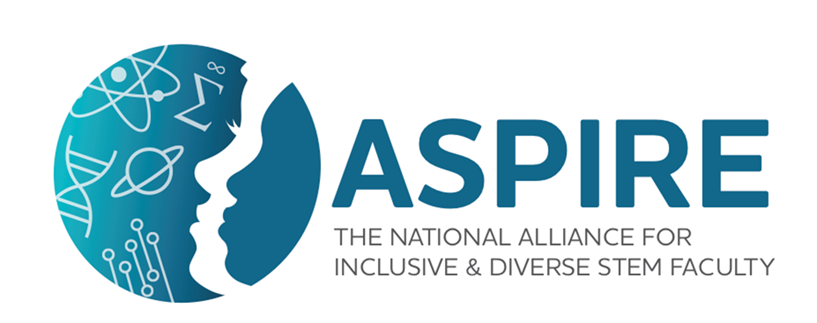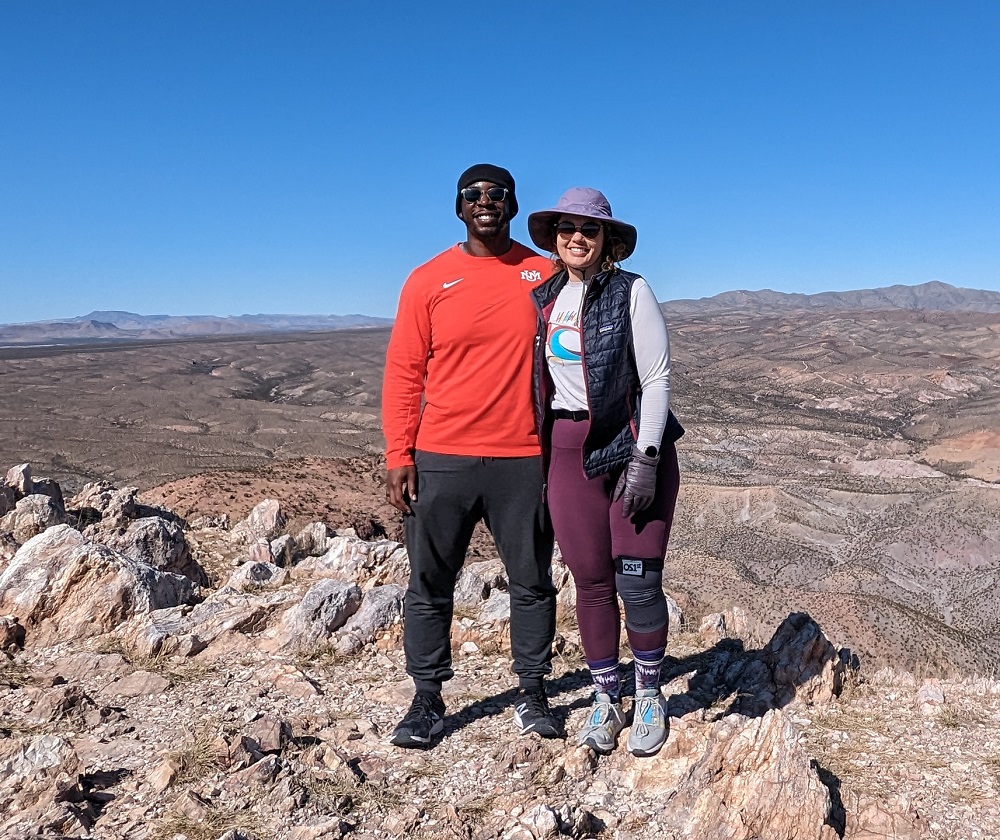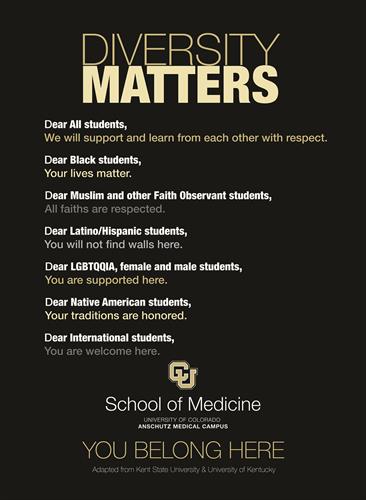Celebrating Black History Month 2023 - Student Highlight February 22, 2023
Get to Know Dennis McCree
Feb 22, 2023Get to Know: Dennis McCree
Q&A by Tori Serna
What made you want to pursue a career in physical therapy?
My journey to physical therapy is a long one. In 2006, I was active duty in the Navy, and they selected me to be the fitness leader of about 14 people for my squad. My job was to help them with their fitness assessment and coordinate a physical fitness and/or running program. That progressed from overseeing the fitness program of 14 members to 56 members. I did that for 3 years and then I changed jobs in the Navy. Although I was now a part of a different organization, I was still elected to be the fitness leader. I began to pay attention to how movement and fitness could be used to help people get better. I realized that it doesn’t have to be done in a brash or condescending way either; if you lay things out for them and find areas of improvement, they will usually feel supported to make the changes necessary to better their physical fitness. Because of the correlation I saw between physical fitness and better prognosis, I first went the personal training route in 2009. I got certified in that and nutrition and used it to benefit myself and the people under me in the Navy. Unfortunately, I didn’t like how you had to self-promote if you weren’t working for a specific company. There were also restrictions that came with working for a company as well. Although personal training didn’t work out, I knew I wanted a career that promoted fitness through movement. That’s when I did my research and found physical therapy. I also learned physical therapy was a field that had barriers including underrepresentation and lack of access and usage by minorities. It was a great time to make the switch. My career in the Navy was slowing down a bit and the military was downsizing at the time. I looked at senior leadership and decided I wanted something different for myself. Considering how difficult it is to be a full-time conventional student during active duty, I switched to active reserve to be able to attend school full time and get my Doctor of Physical Therapy degree. Since I went into the Navy right after high school, I had to fulfill undergraduate courses first prior to applying for a Physical Therapy program.
How has CU Anschutz Physical Therapy program allowed you to pursue your goals?
The CU Anschutz Physical Therapy Program has allowed me to pursue my goals by first accepting me into the program. Acceptance into post-professional/graduate school is a big barrier for people of color. Historically, graduate programs do a lot of lip service; verbally telling you about all the diversity, equity, and inclusion things they are currently doing without taking any action to do the things they discussed. Unfortunately, when a Black person shows up for an interview, you can feel like you’re being pitted against the other people of color in the room. It becomes “you vs. them,” before you’re even in the program. This all circles back to the low numbers of acceptance of people of color into these institutions. For every one person accepted, a door is opened for countless others to walk through.
Aside from that, CU Anschutz does a great job about providing tools to its students. The faculty offers support when needed. There are different groups and programs like community café, BIPOC, community outreach that allow students to come together. Knowing there are people in your corner that support you makes a huge difference, especially when in graduate school.
What is your “why”?
My “why” is so that people that look like me, people that come from similar circumstances as me, people who are considering a career change, can stand on my shoulders and reach for even higher. We must always continue to strive for higher. There’s no need to reinvent the wheel or progress. Those that come after me should be able to grab the baton and run with it. I not only want to show people it’s possible, but I want to show people how to get there.
February is a month to honor and celebrate Black leaders. What does this mean for you? What leadership role(s) have you taken up and what impact have they had on you and your time in the program?
For me, Black History Month is a time to reflect on what the Black leaders were fighting for and reflecting on the progress they made. Without discounting that progress, we should then be focused on how to progress even further. Too many times we forget the progress the previous generations have made. Because of this, violence can and usually will ensue. We need to do our research and understand what these leaders stood for. Society likes to freeze Black leaders in key events. For example, society freezes MLK on his “I have a dream speech,” when he encompasses so much more than that. Reflecting on a Black leaders’ mission, so that we can grab that baton and keep the progress moving forward. Something I picked up from Frantz Fanon, a prominent Black leader, is the importance of identifying your mission and either fulfilling it or betraying it.
Physical therapy is a career change for me, so I have a lot of leadership experience in the military. However, to be an effective leader, you must know how to follow just as well as you can lead. It’s important to remember that often, a leader doesn’t always have to lead from the front. Developing other people as leaders has been my focus in Physical Therapy school. Supporting them to become good leaders. Attending groups like community café and BIPOC and participating in the discussions. Sometimes things get misrepresented, and nobody is there or willing to correct it. I try to make it a point to challenge the “tough topics.” My leadership on campus is more so about being a good follower and helping other leaders to develop.
What words of encouragement do you have to share with future students of color pursuing careers in healthcare?
The words of encouragement I have would be to always show up as your full and authentic self. It doesn’t do anybody, neither the organization you work for, or your community, any good for you to show up inauthentically. It’s important to demonstrate the fact that professionals can come in many shapes and sizes. I also recommend finding a community of like-minded people. Once finding a community, it’s important to define what everyone stands for. Just because someone is from the same background doesn’t mean they share a similar mindset. As Black people, we assume that people who look like us are for us and stand for similar things. However, this isn’t necessarily true; “All skin-folk aren’t kinfolk.” Community and support are crucial in the healthcare community. It’s easy to feel alone often and you may find yourself taking on additional stressors that aren’t necessarily yours to take on. Finding a community alleviates some of this pressure.




